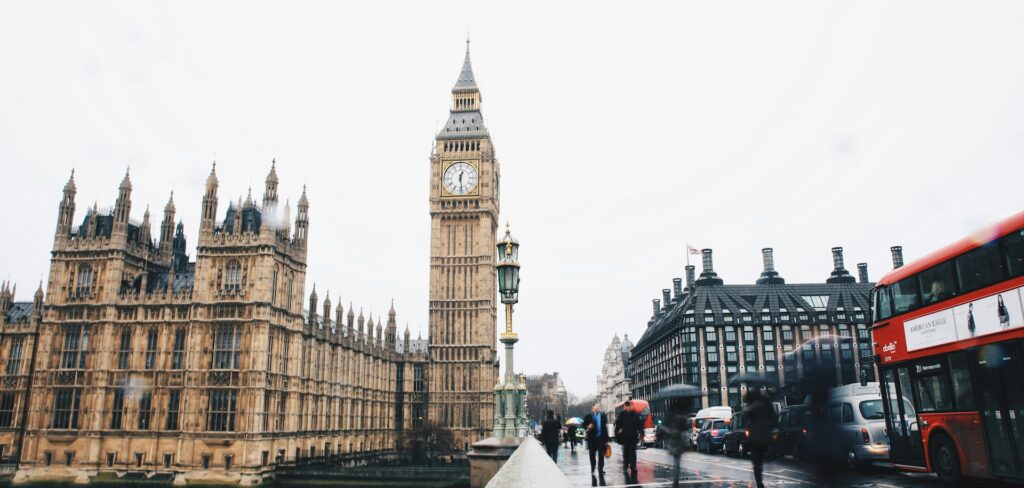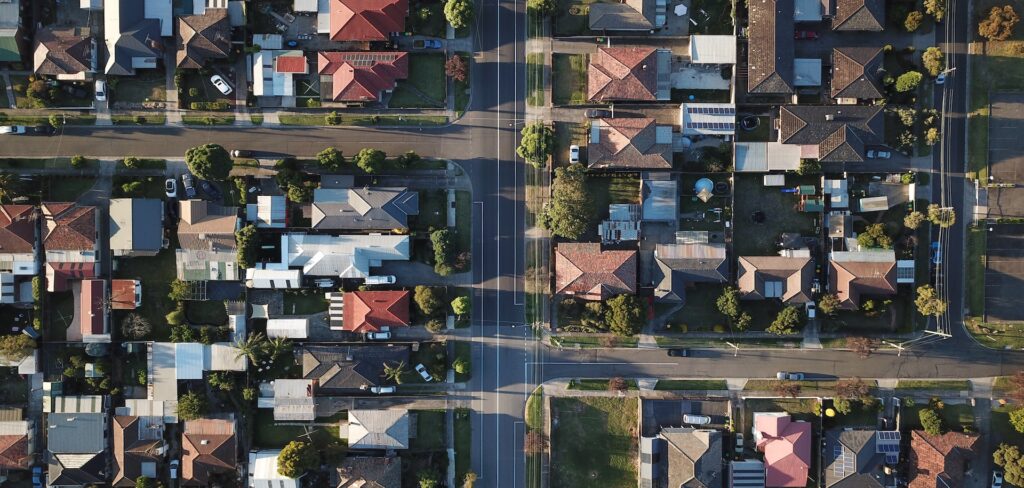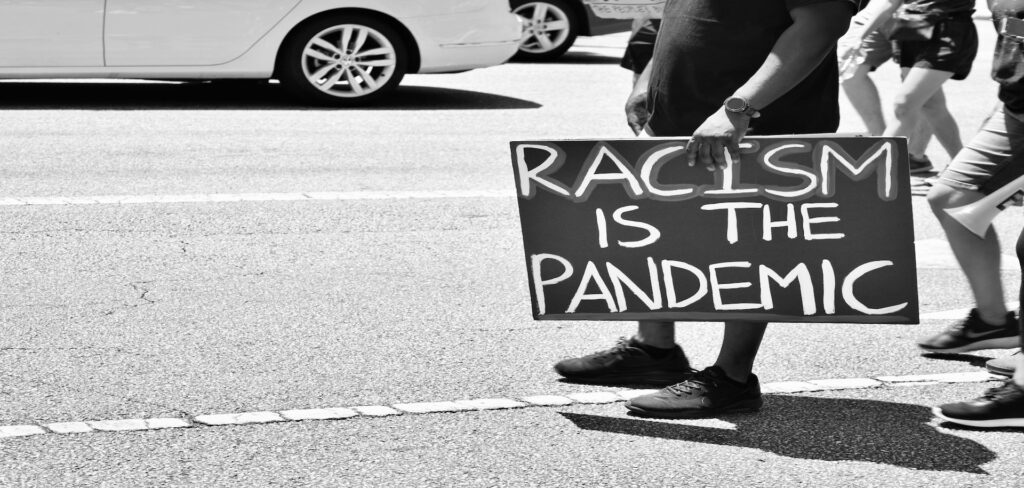How should the new UK Government talk about climate action?

The public tide is turning when it comes to climate action. We know that more people than ever before consider the climate and nature crisis to be real and of the utmost importance to tackle. Despite little mention of climate change during election campaigning, we have seen MPs elected from across the political spectrum who […]
Queering Conservation: Addressing heteronormativity* in conservation practice

Early this Spring, a small group of us – mostly queer identifying, plus a couple of straight allies – spent a couple of days together in the beautiful grounds of Gregynog Hall in mid Wales, to dive deep into an inquiry of what it would mean to queer conservation. This was building on a series […]
From neighbourliness to social justice

Most people prioritize concern for their friends, family and community At Common Cause Foundation, we draw attention to the love and concern that most of us express for our families, friends and communities – in other words, people with whom we are in frequent contact. The Schwartz model of values, which we draw on extensively, […]
Values & Covid-19: Feel the pain: systemic racism and the social conditioning of our values

About a month ago, we reflected on what the pandemic has been revealing about the values on which our society is built. We focused on the fact that many of the “essential workers” who keep the country running, often at great personal risk, are also people who experience one or multiple forms of systemic oppression, […]
Values & Covid-19: Peering through the cracks of a pandemic

Covid-19 has changed our world in ways that we could never have imagined, and in doing so has revealed many anomalies that have challenged us. In our 24/7 world, the brakes have been slammed, a stop button has been pressed, re-focussing our gaze and bringing all attention to rest on how we live during and […]
Values & Covid-19: The genie’s out of the bottle

The popular story tends to go that in times of fear and uncertainty the ‘us’ and ‘them’ binary strengthens, not weakens. We stick with our friends and family, putting our own needs first. But, despite being faced with so much grief and apprehension during the coronavirus pandemic, we have seen communities do the exact opposite. […]
What do rivers dream about?

Re-awakening people’s environmental values.
In New Zealand, the indigenous Maori there have a saying that “I am the river, and the river is me”. In 2017 the Whanganui river in New Zealand was given legal personhood with the rights not to be harmed and to flow freely from source to sea. Any person could, on behalf of the river, go to court if they felt that these rights were being infringed.
Could the same be done to protect rivers in the UK? The Bioregional Learning Centre, a small UK non-governmental organisation based in Devon, wanted to find out. So, alongside the South Devon Catchments Partnership and the Dartington Trust, it set itself the challenge of creating a charter for the river Dart, one of the most iconic rivers in the UK. Charters are nothing new to the UK – the most famous being the Magna Carta which was issued in the reign of King John in 1215. More recently, a charter for Falkirk, Scotland was developed which helped secure a moratorium on local fracking. A Dart charter would aim to reflect peoples shared values and what they care about the river and help engage communities in co-stewarding the water in the Dart catchment in partnership with statutory authorities and landowners. It would give rights to the Dart water cycle, while local people would protect those rights.
Reimagining social and environmental concern

Love for our fellow humans and other living beings isn’t a finite resource that depletes with use, and for which different groups must compete. It grows stronger as its focus is broadened.
Social and environmental concern isn’t a zero-sum game. Strength lies in building on shared values to establish solidarity across diverse causes. Building linkages between causes multiplies our commitment to address these challenges. In this way we become more than the sum of our parts.
This year, we’re launching a new conversation to help build deeper connections between groups and networks that are engaged on issues which may currently seem unrelated. This blog outlines some initial ideas, and hopes to encourage you to want to join this conversation to improve on these ideas, and to help to take them to the next stage (there’s a bit more on how to do that at the end).
Values and Brexit – minding the perception gap

What values best predicted a vote to remain in the EU in the 2016 Referendum? Were these values the ones that the Remain campaign drew attention to? And what of the preponderance of talk about the economy in communications from both sides (but especially the Remain campaign)?
My cause is your cause – wedded to compassionate values for Australian marriage equality vote

Recently Australians were asked via a non-compulsory postal survey “Should the law be changed to allow same-sex couples to marry?”